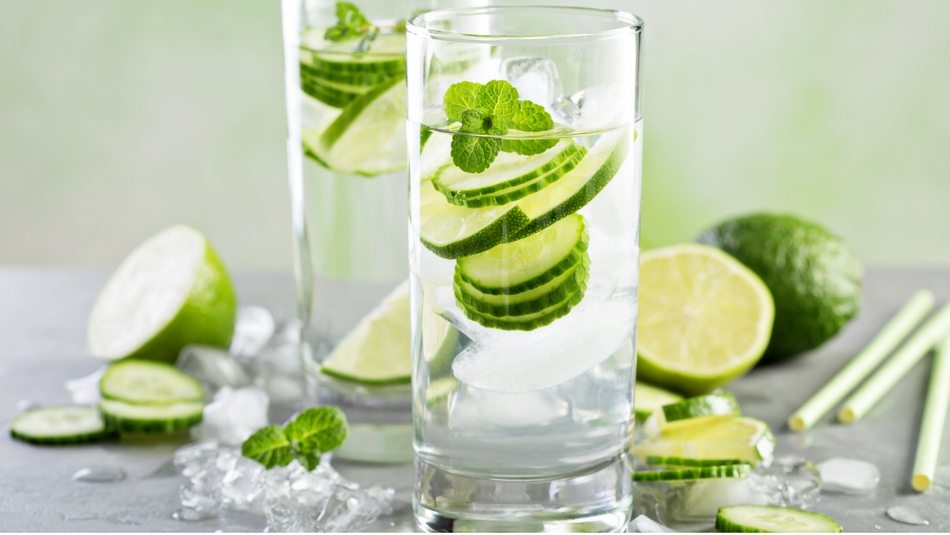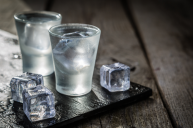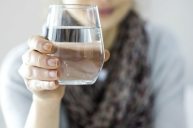If there's anything we know about the news, it's the fact that it can always be skewed just a little bit. Last year, many authors shared the greatest news ever for allergy sufferers - drinking a gin and tonic could relieve hay fever symptoms. The post is making the rounds again and we are here to burst some bubbles: drinking a G&T is not a cure for the sniffles.
The headline first got its information from the Asthma UK, an organization which funds world-class research and provides advice to people with asthma. Dr. Andy Whittamore, the in-house General Practitioner, was quoted that certain types of alcohol can trigger asthma attacks. A publication switched out asthma for hay fever and the article took off.
Alcoholic drinks contain histamine, which is found at particularly high levels in red wine and some beers. Histamine is the same substance that is released in the body when you have an allergic reaction and in some people, may trigger asthma symptoms.You should avoid these drinks if you know they are a trigger for you.
Further more, Dr. Wittamore went on to say that clear spirits like gin and vodka contain a lower amount of histamine, making it a better option for people with asthma.
Asthma, is the key word here, not hay fever, which is an entirely different story. Hay Fever, also known as seasonal allergies, affects 20 million adults and over 6.1 million children each year. Here are five ways to relieve allergy symptoms without the help of a glass of Sapphire gin.
1. Stay indoors.
As boring as it sounds, try to stay indoors when the weather is windy, making the pollen fly around. If you do go outside make sure to take a shower to rinse the pollen from your skin and launder any clothes that were outside.
2. Be proactive with pollen counts.
https://www.instagram.com/p/Bh639bPFH5d/?tagged=hayfever
In the morning check the news to see the pollen count. If the pollen count is particularly high, avoid any outdoor activities, including chores outside. Be proactive and take some allergy medicine to combat pollen.
3. Rinse your sinuses.
While it looks uncomfortable to stick something like a neti pot in your nose, it's very helpful for people suffering from hay fever. Simply rinse your sinuses with a sterile saline solution and you are good to go.
4. Use an over-the-counter remedy.
Sometimes the only thing that'll help is an oral antihistamine or a decongestant. Consult with your doctor before taking any medications.
5. Keep the indoor air clean.
Keep the pollen out of your house by running your air conditioner while you are home. You can also buy air purifiers and dehumidifiers to keep the air in your home clean.
While all of these hay fever relievers may not include a glass of gin, you can be sure they actually work.




